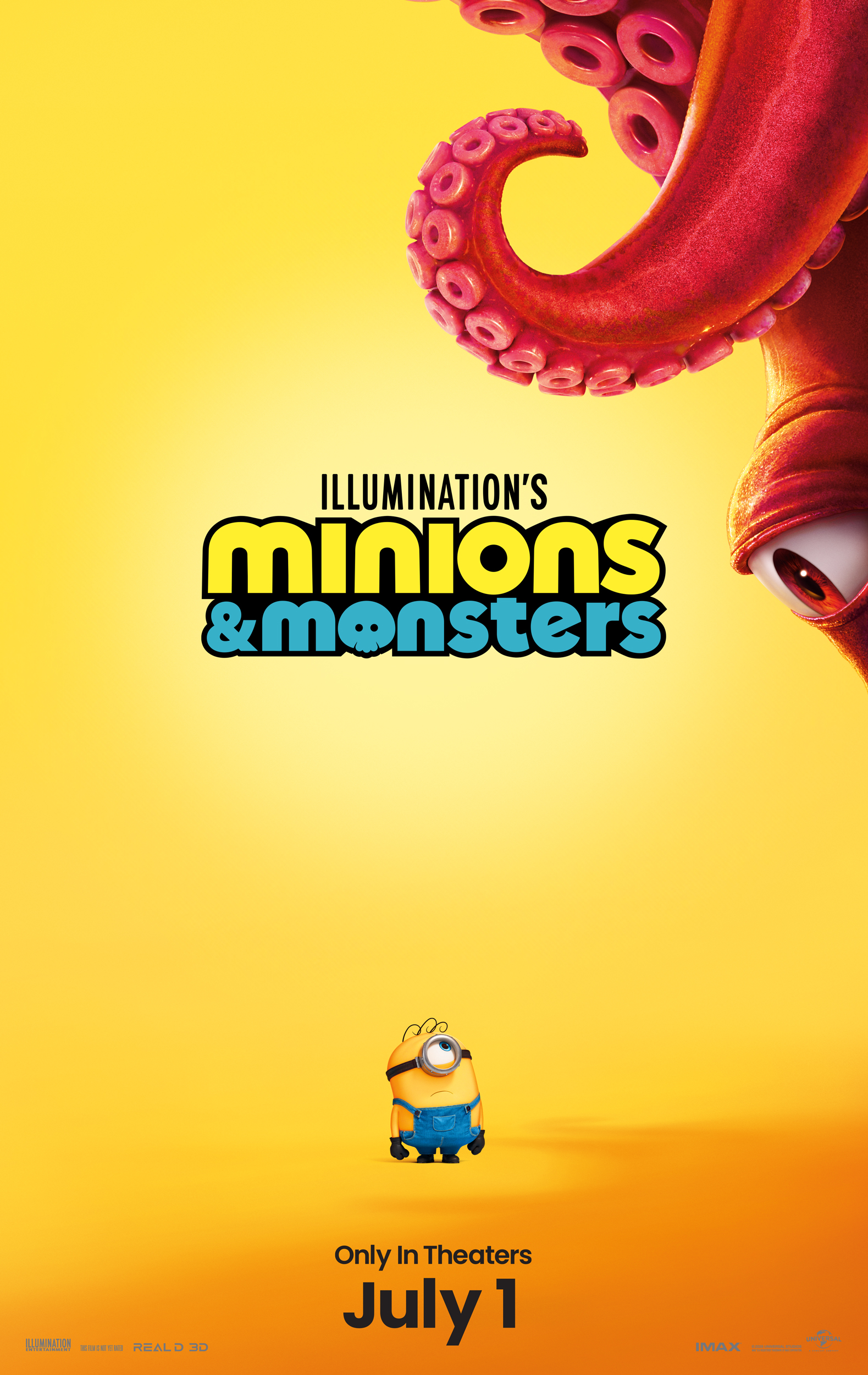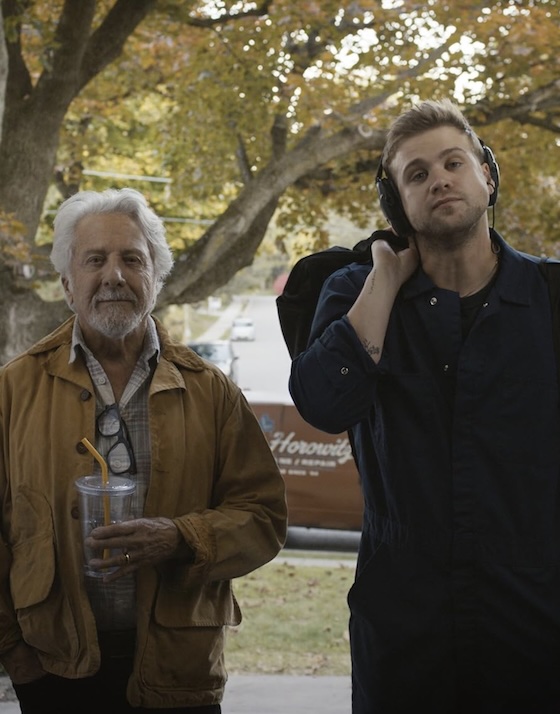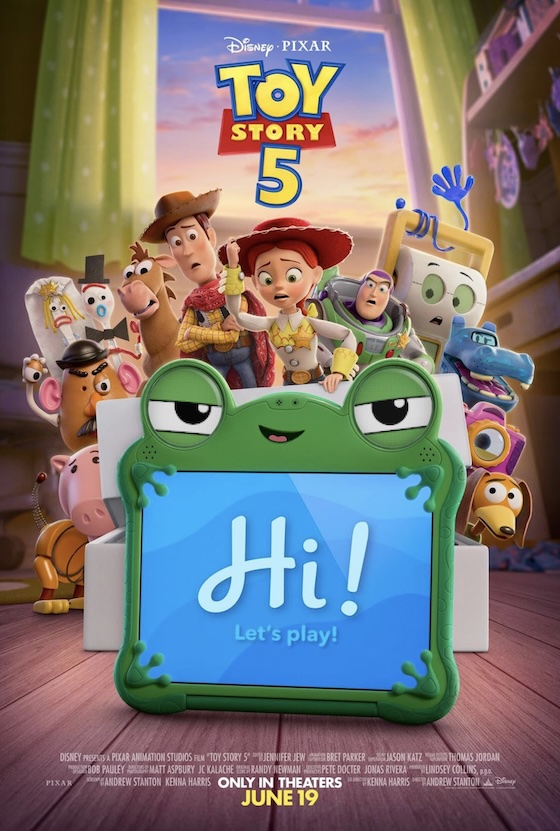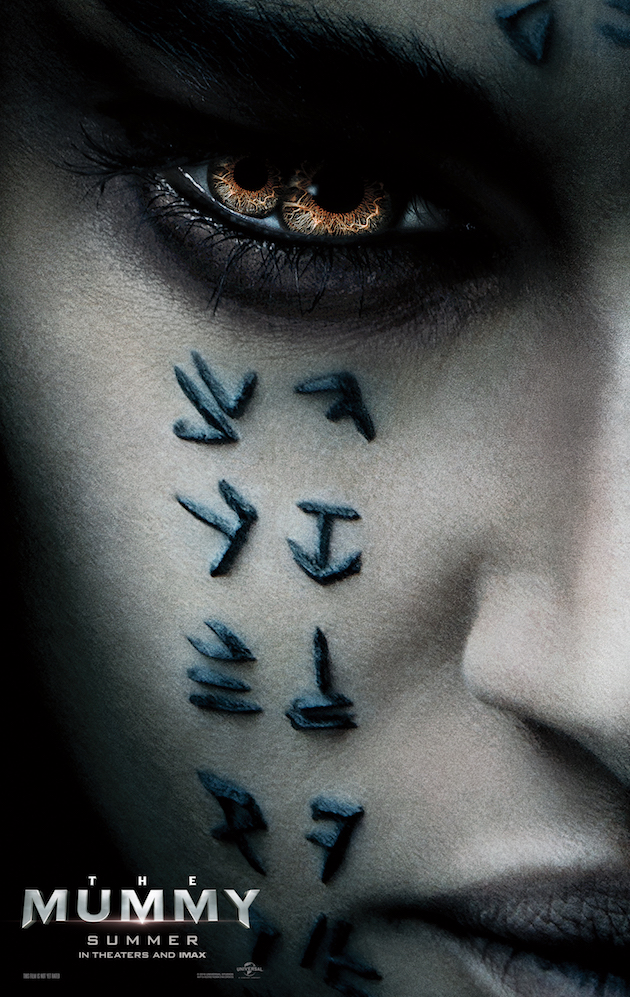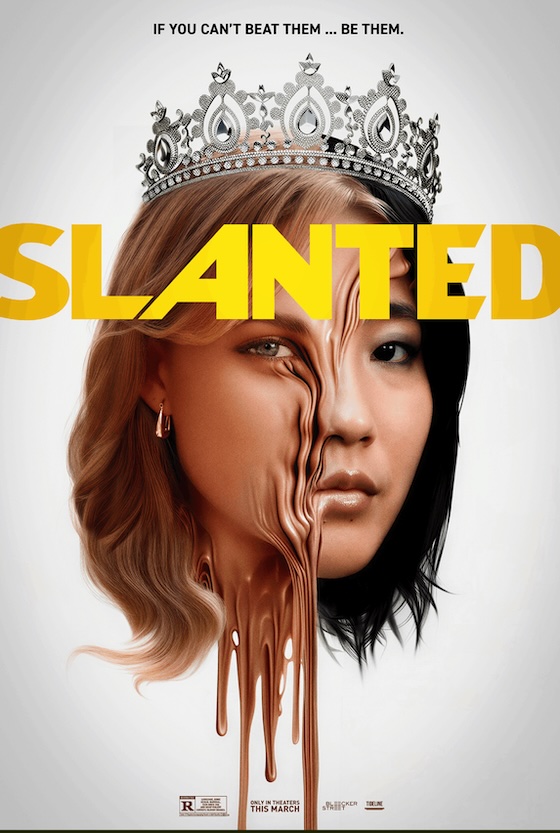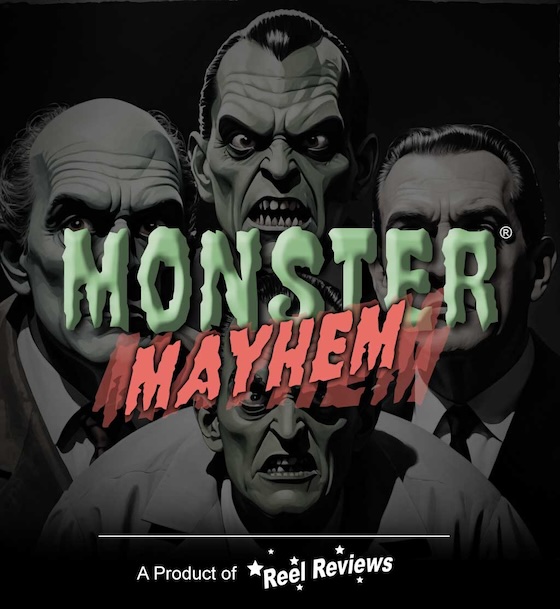![]()
There's a reason Jack Finney's 1955 classic novel The Body Snatchers has spawned no fewer than 4 Hollywood interpretations and countless loosely based TV adaptations: its premise is that strong. It's a smart science fiction tale widely regarded as one of the most representative examples of how the genre has always explored societal and cultural archetypes of the era.
Through the years the remakes have provided underlying commentary on such significant events as The Viet Nam War, the Red Scare, and the Watergate scandal. The latest iteration, from the pen of first-time screenwriter David Kajganich, The Invasion capitalizes on our fear brought about by current world unrest, super viruses, and recent bird flu outbreaks. It even toys with our horrible memories of the Space Shuttle Columbia disaster of a few years back. Despite its numerous structural flaws and stylistic inconsistencies, there's enough good stuff going on to make The Invasion worth a look.
This time, Kajganich and German director Oliver Hirshbiegel have re-worked and twisted up the story a bit by suggesting that an alien invasion might not come from giant spaceships or interplanetary flotsam, but rather from microscopic spores hitchhiking aboard the wreckage of a disintegrating space shuttle violently reentering the Earth's atmosphere.
Remember how we were told not to handle pieces of the downed Columbia as they may be contaminated? Well, here that "contamination" is spreading across the world in the form of infected emotionless automatonic humans who work very hard at spreading the contagion via blood and vomit but mostly vomit. {googleads}
At the center of the story is Nicole Kidman as Carol Bennell, a psychiatrist who begins fielding complaints from her patients who sense a strange vibe in their spouses. Carol also observes abnormal behavior in children, and even notices that dogs are becoming unruly and unexpectedly turning on their owners. Everybody seems eerily disjointed from each other, yet at peace with themselves. Congregations of these black-clad faceless humanoids stand about, quietly discussing their next victim.
Carol soon learns via scientist friend, Dr. Ben Driscoll (Daniel Craig), that the infection is caused by microscopic spores that enter the body and restructure the host's DNA (a much too detailed explanation is offered in the dialogue). Once the victim enters REM (Rapid Eye Movement) sleep, the transition takes place, encrusting the poor schmo in a slimy, oozing, snot-like substance (sorry, no pods this time around). The infected eventually wake, clean and dressed in black, yet unable to laugh, cry, feel anger, or experience hatred. Carol also learns that her young son, whom she cautiously allowed to stay with her estranged ex-husband, is not only immune to the sickness, but might provide a valuable cure as well.
A couple of interesting scenarios play out at this point, giving the film its only true lift. One is that the non-infected can "hide out" amongst the infected by simply remaining calm, wide-eyed, and emotionless. They can blend into the general population of aliens to be exposed only by sweaty brow, smiles, screams of terror or other emotional outbursts. This leads to a few harrowing moments as Carol races through the streets to get her son from Baltimore to her CDC contacts in Washington. She must also fight the impending sleepiness lest she wake up in a gooey mess.
Another interesting conundrum is the central theme that runs from the Body Snatcher book through all the films. The idea that succumbing to the infection can cure the world of its wars, hatred and meanness. On passing television news broadcasts we're treated to snippets of Bush shaking hands with his known enemies, and Pakistan accepting treaties with India (but there's curiously nothing about Israel working a deal with the Palestinians.) Would you trade your emotion for peace in the world? As the film wore on I began to realize we weren't going to get any truly shocking moments. Then I realized the true shock is in the moral dilemma passed on. Is the current state of affairs in the world scarier than emotionless peace? After all, we're told by one of the snatched, "don't fight it. All you have to do is nothing. When you wake up, you'll feel exactly the same." The message equates passivity to peace. And in today's world, as it did in the '50s and the '70s, that's an interesting thought.
Technically, The Invasion is an extremely flawed piece of work. It's wrought with rough edits and its pacing is uneven throughout. Word has it that another director and writers (The Wachowski Brothers of The Matrix films) were brought in to shoot new scenes in hopes of juicing up the action. It would have been nice to see Hirshbiegel's original vision because it works better as a thinking man's arthouse-type film than it does an action thriller. The last 20-minutes seem extremely out of place and actually deal the film its most crippling blow. However, Kidman's performance makes the whole thing worth watching and fortunately she's in nearly every scene.
DVD Details:
Screen formats: Widescreen Anamorphic 1.78:1
Subtitles: English; Spanish; French
Language and Sound: English: Dolby Digital 2.0 Stereo
Other Features: Color; interactive menus; scene access; featurettes.
* Featurettes
o "We've Been Snatched Before: Invasion in Media History" (18:50)
o "The Invasion: A New Story" (02:53)
o "The Invasion: On the Set" (03:21)
o "The Invasion: Snatched" (03:12)
Number of discs: - 1- Keepcase Packaging
{pgomakase}

